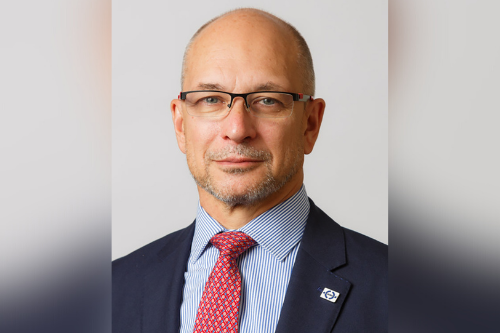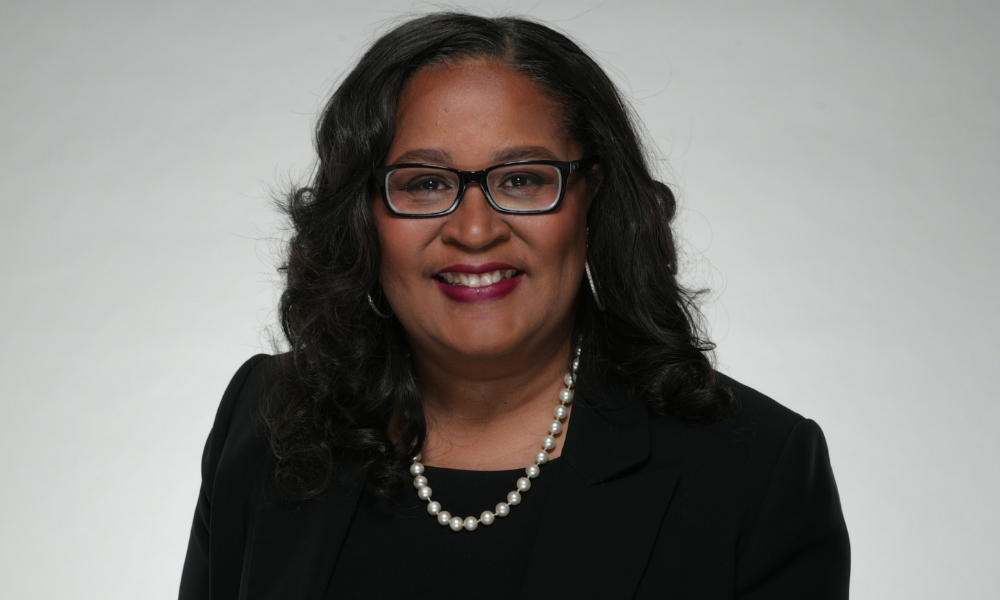

“We’ve been too serious for too long.”
This is the belief of Ranse Howell (pictured) - director of international operations for the world’s largest provider of mediation and arbitration services, JAMS - as well as the reasoning behind the firm’s ongoing “Cocktails and Conversations” seminar series. This series, which takes the format of hybrid and in-person seminars, is looking to celebrate the future of alternative dispute resolution (ADR) and, perhaps more importantly, to allow the firm to reconnect with the London market, and members of the London market to reconnect with each other.
Half of the events are taking place this July and half in September, Howell said. While it might seem counter-intuitive to pro-actively plan events when the future of in-person gatherings is so uncertain, he said, it is built into the very DNA of JAMS to be optimistic and to find ways to bring its constituents together—ideally in person, but at this point, the organisation is experienced in virtual and hybrid gatherings too.
“What I say is that you’ve got to have the ability to be a risk-taker to understand what it is that the market needs, wants and deserves,” he said. “And also, we wanted it to be casual because people are tired of sitting in their home and having distanced conferences – hence why ‘cocktails and conversations’. We’re not going to be talking about the meaning of life, what we are doing is giving the opportunity for you to talk with us about some of the things that are of concern to you in your area, and then to continue that dialogue.”
Rebekah Ratliff (pictured below), mediator and arbitrator at JAMS, highlighted the range of topics that the seminars will be covering, from diversity in international arbitration, to what’s next in cross-border insurance disputes, to the altered future of life sciences dispute resolution, to the future of ADR. These have been informed by what JAMS is currently seeing and hearing in the market, she said, as a lot of new issues are arising in the wake of the COVID crisis, and some concerns that simply hadn’t been considered before are now becoming pressing considerations.

“Insurance touches everything,” she said, “so we’re uniquely positioned to address some of the issues that have come up. Insurance has taken a bit of a beating lately and usually gets a bad rap because it only gets credit when the policy is called upon. And most people know what insurance does but they can’t articulate what insurance is.”
Ratliff, a former commercial complex insurance claims professional, has made waves in promoting diversity, inclusion and equity across the insurance sphere through her roles as president of the Atlanta chapter of the US-based National African American Insurance Association, the London based African Caribbean Insurance Network and the Insurance Supper Club. Speaking with Insurance Business, she highlighted how her work with the HBCU I.M.P.A.C.T. initiative, which she co-founded, has given her keen insight into this gap.
The non-profit supports historically Black colleges and universities to explore career opportunities available across the insurance industry, she said. It focuses on attracting, educating and employing those students, which is more important now than ever with so many baby boomers ageing out of the industry.
“When we’re talking to students, they don’t even really know the different parts of, or disciplines of, insurance. People are familiar with, life and health, and auto and home insurance, but they don’t think about property and casualty,” she said. “We have opportunities now, from a dispute resolution standpoint, to educate our clients and to help them get their disputes resolved and it starts [with that early education piece].”
Insurance is a conservative industry, she said, but there’s no doubt that the sector does not ever want to go through a crisis like COVID again. Whether it was operational concerns, customer-related issues or employee considerations, COVID has taken the covers off the sector and it’s revealed a lot of structural deficiencies in the industry. Now is the time for renewed conversations on how to bridge these gaps, she said, citing a mentor of hers who said, “you take advantage of the opportunity of a lifetime during the lifetime of the opportunity”. There’s a small window of opportunity, so the industry has to act very quickly.
“This was a challenging time for us to plan these events,” she said. “And there were a lot of hoops and fiery rings to jump through. But here we stand now, because we were determined to make it happen and because we recognise that the window of opportunity [to be a leader in this respect] will not stay open for long.”
Both Howell and Ratliff have seen that the insurance industry is primed to do things a little differently going forward, whether that’s embracing further innovation, including ADR, or by moving towards more equitable internal structures. Looking at what he wants attendees to take away from the upcoming seminars, Howell pinpointed the series’ aims of empowering people to rediscover the ability to connect with each other and of opening channels of communication within the sector.
“So much knowledge and the understanding has been kept within individuals, within organisations, and people haven’t had the ability to have the side conversations that they once had in an office setting,” he said. “They haven’t had a chance to talk about what’s really driving them, what’s really concerning them or about their fears for the future… When you have conversations in an informal setting you find connectors everywhere and you recognise that people who are very different from you can still have the same aspirations, challenges, fears and concerns. And that’s OK.”
